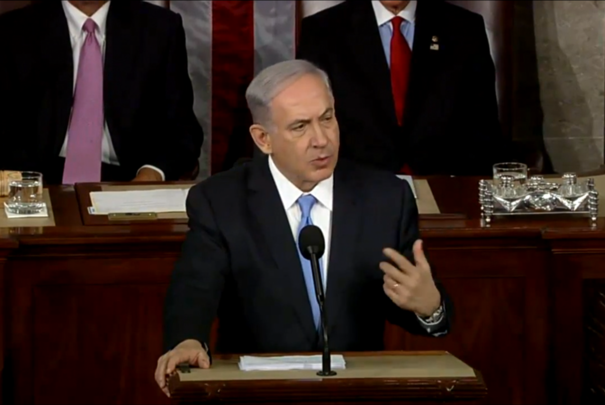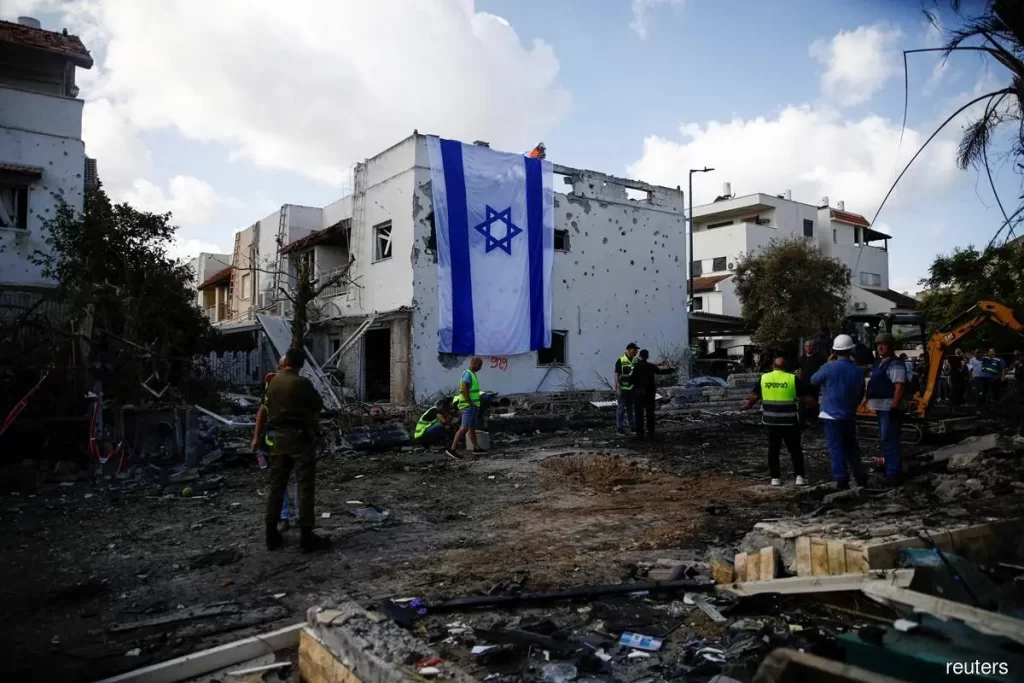Israel firmly rejected proposals for a ceasefire with Hezbollah on Thursday, defying calls from allies including the United States for an immediate three-week halt in fighting. The decision dashes hopes for a swift resolution to the escalating conflict along the Israel-Lebanon border.
Israeli Foreign Minister Israel Katz stated unequivocally on social media platform X, “There will be no ceasefire in the north. We will continue to fight against the Hezbollah terrorist organization with all our strength until victory and the safe return of the residents of the north to their homes.”

This stance comes in direct opposition to a U.S.-led initiative calling for a 21-day ceasefire across the Israel-Lebanon border. The proposal, supported by France and other allies, aimed to create space for diplomatic efforts to prevent a wider regional war.
Israeli Prime Minister Benjamin Netanyahu, en route to New York to address the United Nations, indicated he had not yet formally responded to the truce proposal but had instructed the military to continue operations. Hardline members of his government have advocated rejecting any truce and intensifying attacks on Hezbollah.
The conflict has seen Israel launch its heaviest airstrikes against Lebanon since the 2006 war, resulting in over 600 deaths in the past week. Hezbollah has retaliated with hundreds of missile strikes, including unprecedented attacks on Tel Aviv, though Israel’s aerial defense systems have limited the damage.
Lebanese Prime Minister Najib Mikati had expressed hope for a swift ceasefire, telling Reuters, “Hopefully, yes” when asked about the prospects. However, Israel’s rejection appears to have scuttled immediate prospects for peace.

The situation has displaced hundreds of thousands in Lebanon, with many seeking refuge in schools and other facilities in Beirut. Aid organizations are scrambling to provide basic necessities to the displaced population.
Israel’s military reported striking dozens of Hezbollah targets on Thursday, including fighters, military buildings, and weapons depots. Concurrently, approximately 45 projectiles were fired from Lebanon towards Israel’s western Galilee area.
The ongoing violence has raised concerns among neighboring countries, with Turkey reportedly preparing for the possible evacuation of its citizens and foreign nationals from Lebanon.
As the conflict intensifies, world leaders continue to voice growing alarm over the rapid escalation and its potential to spark a broader Middle Eastern war. The situation remains highly volatile, with international diplomatic efforts continuing despite Israel’s firm stance against a ceasefire.



